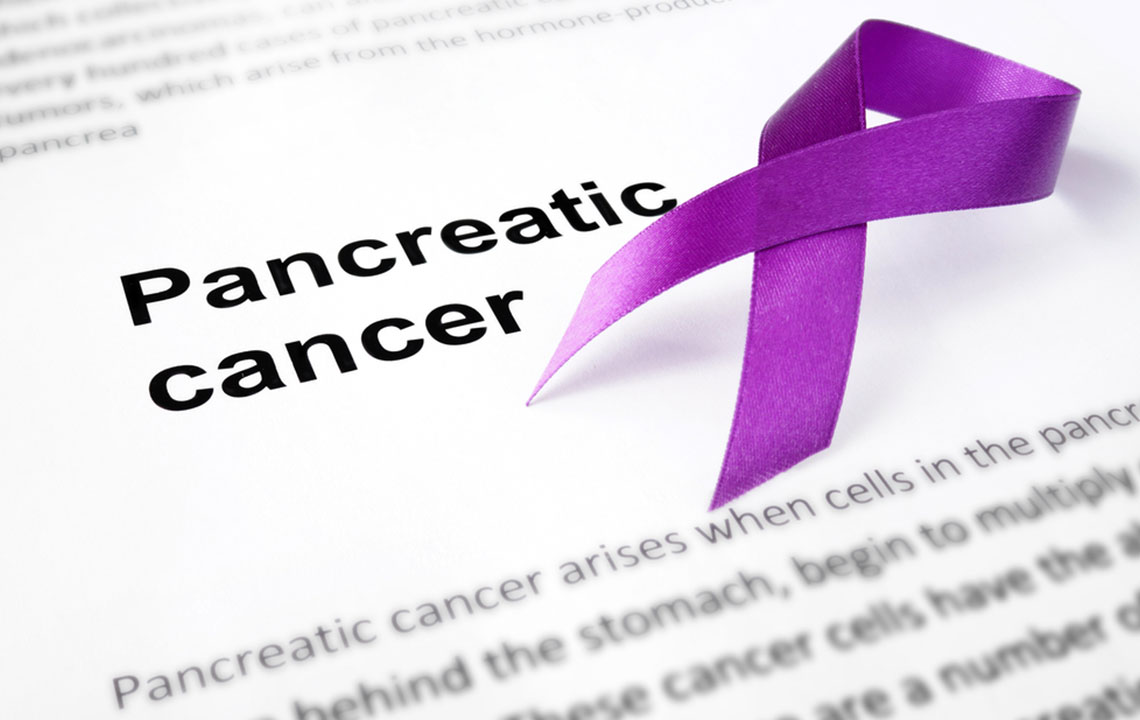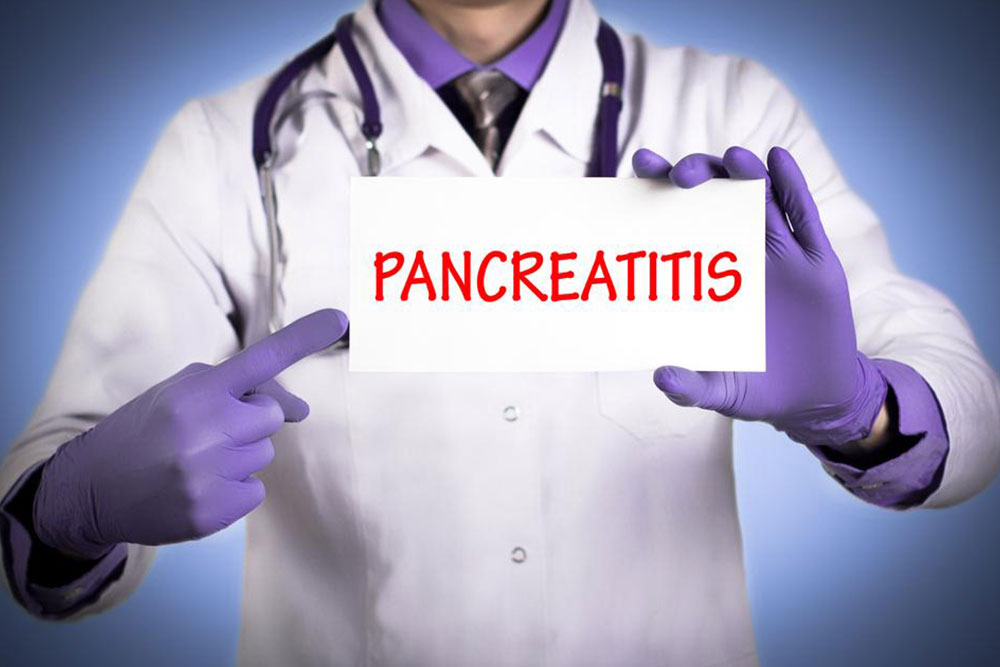Early Symptoms and Warning Signs of Stomach Cancer: What You Need to Know
Stomach cancer symptoms can be subtle and easily overlooked as common digestive issues. Recognizing early signs such as blood in vomit or stool, loss of appetite, persistent abdominal pain, unexplained weight loss, and ongoing indigestion is vital for prompt diagnosis. This comprehensive guide provides detailed insights into these warning signs, helping individuals take proactive steps for early detection. Consulting a healthcare professional at the first sign of concern can significantly improve treatment outcomes and save lives. Stay informed about the critical symptoms associated with stomach cancer.

Understanding the Early Signs of Stomach Cancer
Stomach cancer, also known as gastric cancer, remains a significant health concern worldwide due to its challenging diagnosis and often late detection. Despite its relative rarity compared to other cancers, stomach cancer can be life-threatening if not identified early. Recognizing the subtle early symptoms is vital because they often mimic common digestive disorders, making early diagnosis difficult. However, with increased awareness and attentiveness to these warning signs, individuals can seek medical assistance promptly, potentially increasing their chances of successful treatment and improved outcomes.
In this comprehensive guide, we will explore the key early indicators of stomach cancer, including symptoms that should not be ignored. By understanding these signs, you can take proactive steps toward early detection and intervention. The following symptoms are often overlooked or mistaken for benign digestive issues but can be critical clues for underlying stomach health problems, including malignancies.
Presence of Blood in Vomit or Stool
One of the most alarming signs of stomach cancer is the presence of blood in vomit or stool. This symptom signals internal bleeding, which may be caused by erosion of the stomach lining or tumor growth damaging blood vessels. Blood in vomit, known as hematemesis, may appear as bright red or resemble coffee grounds, indicating digested blood. In stool, blood can manifest as maroon or tar-like, suggesting gastrointestinal bleeding. If you observe blood appearing more than once within a few days, it is essential to seek immediate medical attention. Early detection of gastrointestinal bleeding can lead to timely diagnosis, which can be crucial for effective treatment.
Blood in vomit or stool should never be ignored. It can be a sign of serious health issues, including gastrointestinal cancers, ulcers, or other severe conditions requiring urgent medical evaluation.
Sudden Loss of Appetite
A notable reduction in the desire to eat, despite feeling hungry, can be an early symptom of stomach cancer. This phenomenon, known as early satiety, occurs when the stomach's capacity is compromised or due to tumor presence interfering with normal digestion. Patients might find themselves feeling full after eating only a small amount of food, or experiencing a persistent loss of interest in eating altogether. Such changes are often dismissed as minor or temporary issues, but persistent appetite loss warrants clinical investigation to rule out serious causes like malignancies.
Persistent Abdominal Pain
Chronic, dull, or gnawing pain centered in the upper abdomen is a common early sign of stomach cancer. While abdominal discomfort is often associated with minor digestive complaints, persistent pain that lasts for weeks or months should raise red flags. Many individuals ignore this pain, attributing it to indigestion or stress, but ongoing discomfort could indicate tumor growth or other serious issues within the stomach lining that require medical assessment. Noticing and reporting this pain early can facilitate timely diagnosis and treatment options.
Unexpected Weight Loss
Unintentional weight loss—particularly if significant and rapid—should always be a cause for concern. When weight decreases without changes in diet, exercise, or lifestyle, it may indicate an underlying health issue, including stomach cancer. Cancer cells tend to consume a lot of energy and nutrients, leading to cachexia—a wasting syndrome characterized by weight loss, muscle loss, and fatigue. If you experience unexplained weight loss lasting for several weeks, it is critical to consult a healthcare professional for thorough testing and diagnosis.
Ongoing Heartburn and Indigestion
While occasional heartburn is common and usually benign, persistent indigestion that does not respond to standard remedies can be an early warning sign of stomach problems, including cancer. Chronic reflux, burning sensation, or discomfort after eating may be caused by tumor-related changes in the stomach lining, which interfere with normal digestion. If these symptoms persist over weeks or worsen, medical evaluation is essential to rule out more serious conditions.
Overall, early recognition of these symptoms is crucial. If you notice any combination of these signs or experience any of them persistently, do not delay seeking medical advice. Early diagnosis dramatically improves the prognosis of stomach cancer, offering more treatment options and better chances of recovery.





